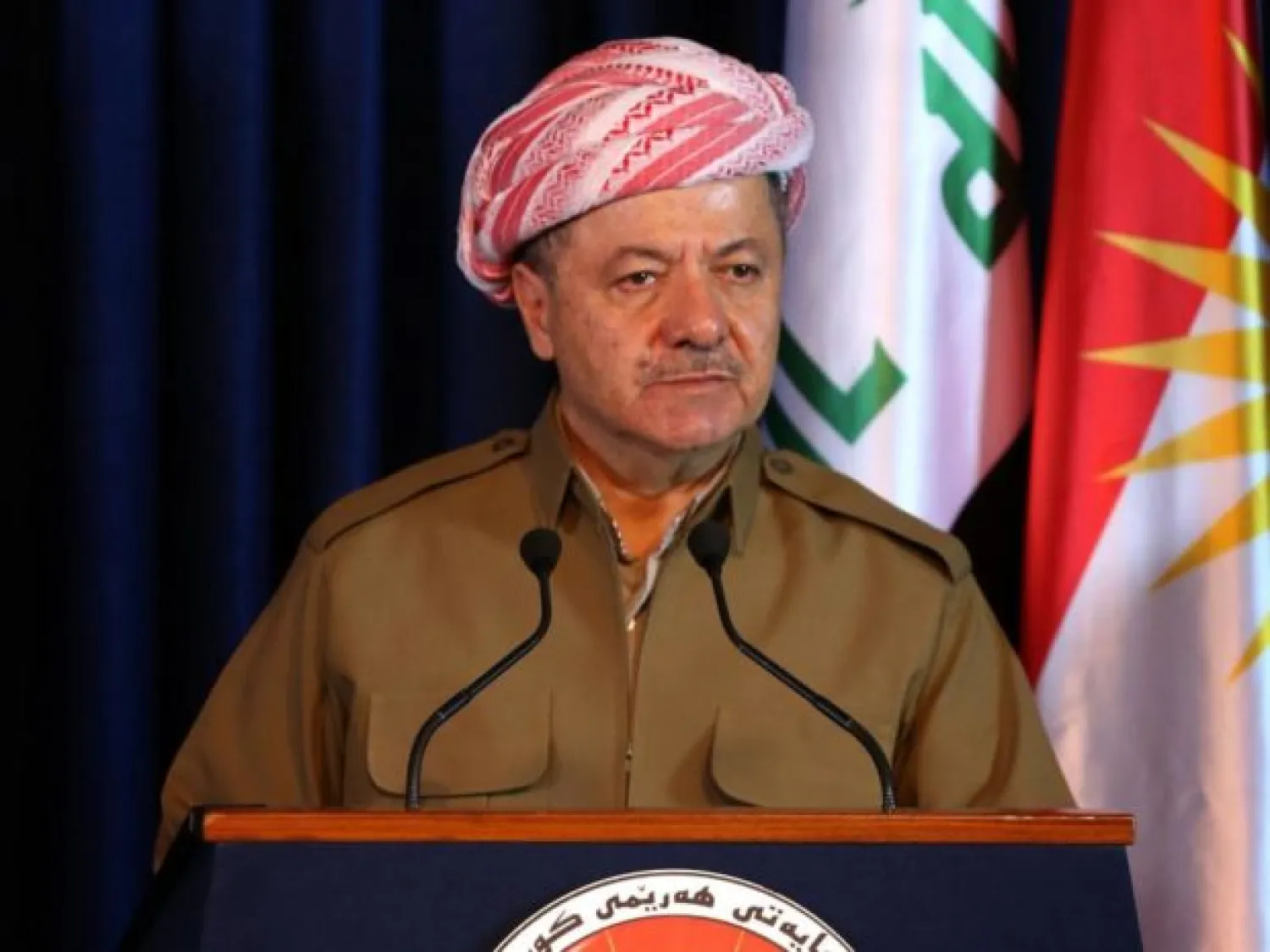From the very first moment the majority of the Kurdish parties agreed to hold an independence referendum in Iraq’s Kurdistan, Amid Nankali and a group of young people started to prepare for this process by raising awareness among citizens through social media platforms on the need to vote in favor of the establishment of an independent Kurdish state.
Millions of Kurds in the Kurdistan region, Iraq and foreign countries are expected to vote in the general referendum organized by the Iraqi Kurdistan government on September 25 to determine the fate of their province.
The “Sykes-Picot” Agreement, which was signed in 1916, distributed Kurdish lands in four countries, including Iraq, Iran, Turkey and Syria.
Over the last 100 years, the Kurds have been subjected to many genocide campaigns by the successive Iraqi regimes. The most notorious of these were the campaigns launched by the Baathist regime led by former President Saddam Hussein, who, since his party took power in Iraq in 1968, has sought to eradicate the Kurdish population in Iraq.
One of these campaigns was the genocide against the Barzani family, which resulted in the extermination of more than 8,000 of them within a day.
Another massacre against the Kurdish people took place in March 1988, when chemical weapons were used in the city of Halabja, killing more than 5,000 Kurdish civilians and injuring more than 10,000, some of whom still suffer today.
“We, as a group of young volunteers, organize daily activities to educate citizens and support the referendum process,” said Amid Nankali, who brought a collection of Kurdistan flags in preparation for the referendum day.
“Why should we stay with Iraq?” Asks Nankali.
And whether the demands of some countries may lead to the postponement of this process, the young Kurdish activist said: “Many countries and peoples of the world hold referenda for self-determination; why are all of them entitled to this and we Kurds, the oldest peoples of the world, cannot enjoy this legitimate right?”
“The referendum will not be postponed; and we will run on schedule,” he added.
Despite the Kurdish vote in favor of the Iraqi Constitution and the success of the political process in the new Iraq, relations between the two sides was overshadowed by tension, and reached the extent of military confrontation, especially under former Prime Minister Nuri al-Maliki, who moved the Iraqi Army to attack Peshmerga forces in Khanaqin, Kirkuk and other Kurdish areas that lie outside the region’s administration (in the disputed areas).
In the beginning of 2014, Maliki cut the share of the province from Iraq’s federal budget and reduced the salaries of Kurdish employees, causing a major economic crisis in the region.
Peshmerga forces played a major role in preventing the fall of Iraqi territory under ISIS control.
It fought the terrorist organization and prevented its expansion. Fierce battles resulted in the liberation of large areas and made ISIS lose its offensive capabilities almost entirely.
However, the Iraqi government, according to the sources of the Peshmerga ministry and the Kurdistan Regional Government, did not provide any financial or military support to the Kurdish forces, and refused to give them their share of weapons and equipment supplied by the International Coalition.
On August 14, a delegation from the Supreme Council for the Referendum in Kurdistan arrived in Baghdad to negotiate the independence referendum with the government and all Iraqi parties.
The delegation returned to Kurdistan after a week of talks, declaring that the outcome of the meetings was positive.
Last week, the US Secretary of Defense and the Turkish and French Foreign and Defense Ministers conducted separate visits to the region.
While the US and Turkish ministers expressed reservations about the timing of the referendum, the French ministers stressed that their country, just as it supported the region in times of war, would support it in peacetime as well.
The Iranian regime, for its part, has declared its rejection of the referendum and called for the survival of the territory within the framework of a unified Iraq.
Nonetheless, a senior Kurdish source told Asharq al-Awsat that Tehran and Ankara would “never close their borders with the region”, underlining extensive trade relations between these two regional states and the Kurdish region.
According to a deputy of the Patriotic Union of Kurdistan (the party of former Iraqi President Jalal Talbani), the referendum has brought all the Kurdish parties on one road.
“We, in the Patriotic Union of Kurdistan, support the independence referendum because it is a national issue and it brings hope to all of us. We, Kurds, must support this process, and we cannot stand against it for any reason,” MP Khalaf Ahmad told Asharq al-Awsat.
On the other hand, the member of the General Council of the “Movement for Change”, Saber Ismail Hamza, told Asharq al-Awsat that his movement supported the referendum, but did not see the current time appropriate to conduct it.
“We prefer to postpone it now,” he stated.
















